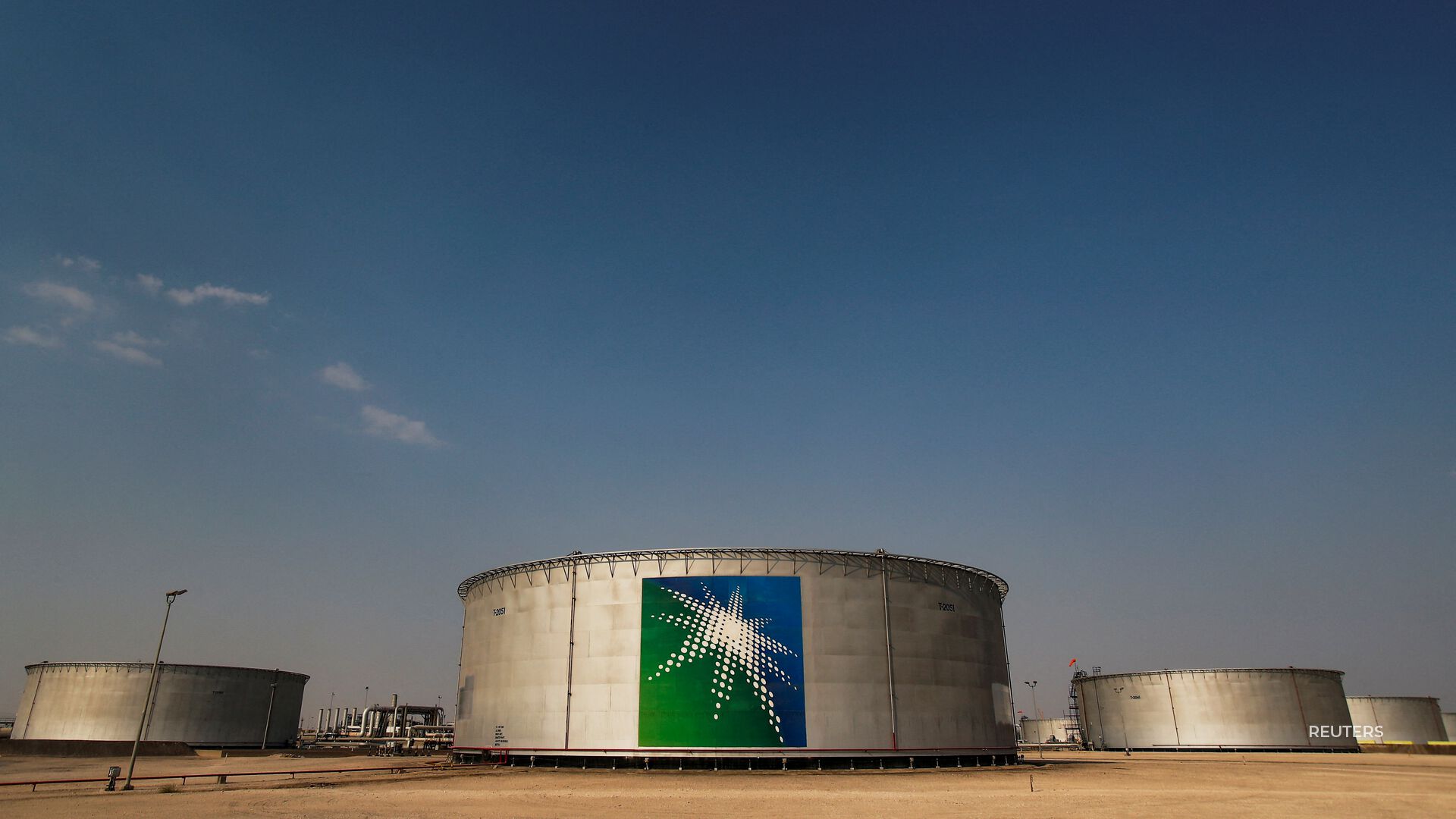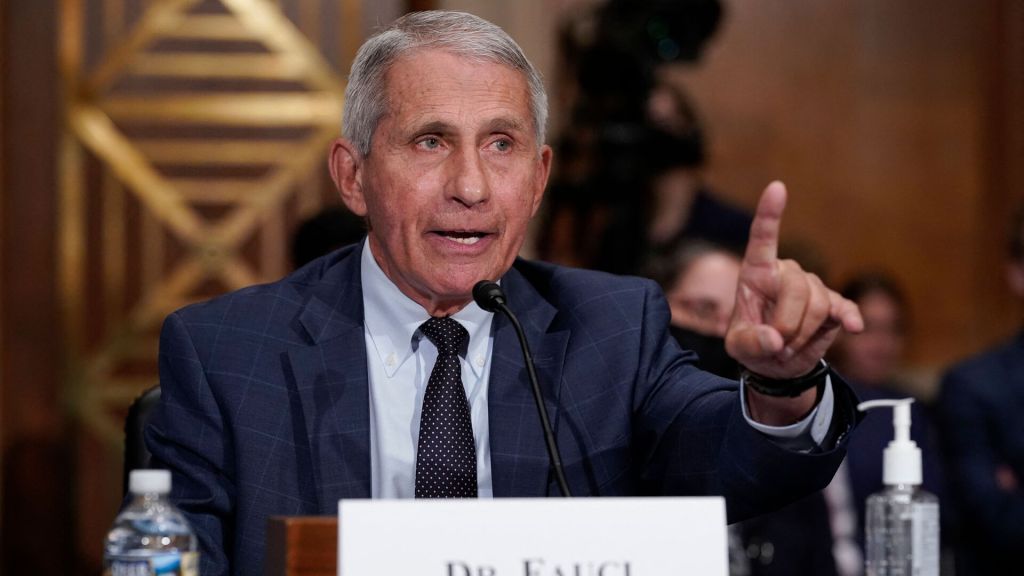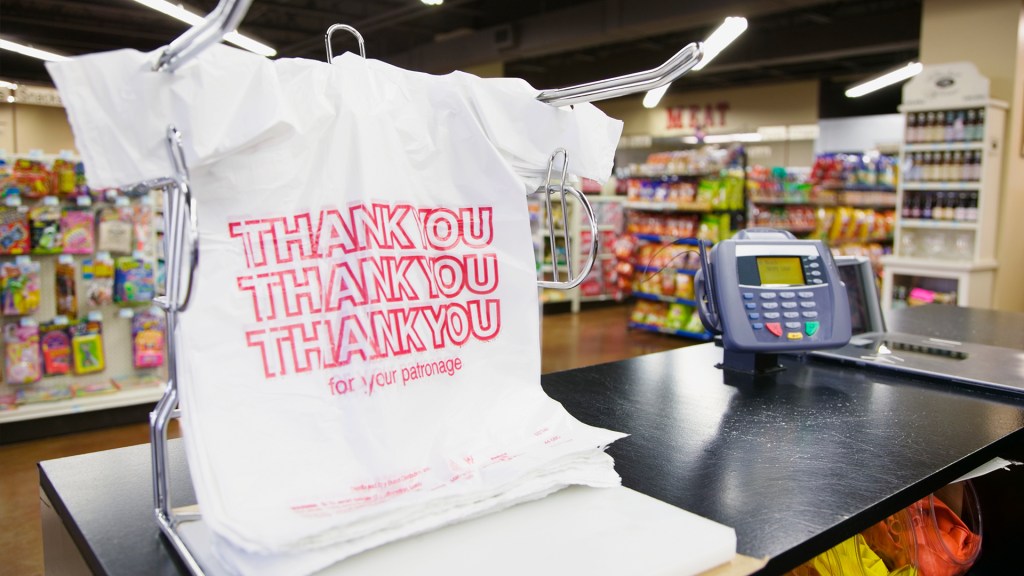
Gabrielius Landsbergis, Lithuanian Foreign Minister: “I think it is unavoidable to start talking about the energy sector, and we definitely can talk about about oil, because it is the biggest revenue to Russian budget. And also it’s quite easily replaceable because of our infrastructure and multiple supplies existent.”
Mark Rutte, Dutch Prime Minister: “We have to deleverage that dependency. There is this commission proposal now – “We power EU” – to make sure that by the end of the year we will have brought down the dependency by at least two thirds and maybe even more. We will discuss that next week. And I’m absolutely anxious to achieve goals. But at the same time, we have to make sure that energy dependency and the absolute guarantee that you will have enough gas and oil in your system is also still of crucial importance for the Netherlands, for Germany, for France and also for countries Eastern Europe. So, yes, we agree we need to do it as speedily as possible, but we can’t do this tomorrow.”






